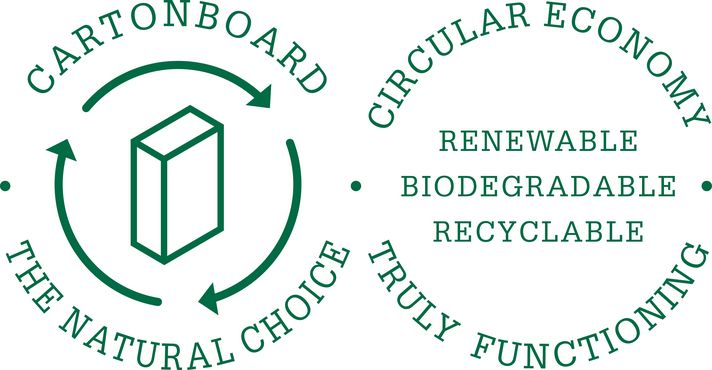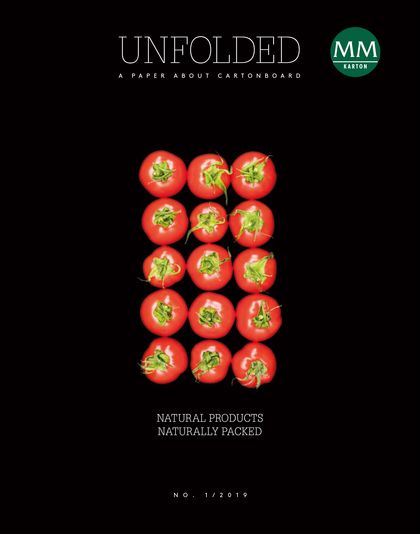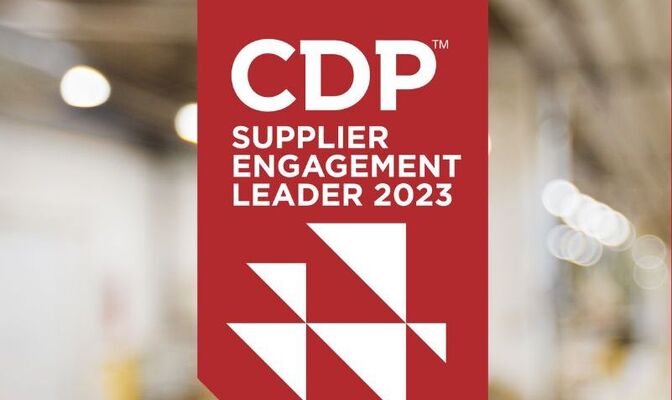Paper fibres can be recycles nearly indefinitely, proven by a new scientific study
29.06.2019 - Sustainability, Cartonboard Know-How
One more reason to choose cartonboard as a packaging material: According to the latest research findings, paper fibres can be recycled virtually indefinitely. The use of recovered paper is therefore even more of enormous ecological benefit.
Up to 7 times. This has been the unanimous answer to the question of how many times paper fibres can be recycled. According to the literature on the subject, the reason for this limited number of cycles – apart from declining quality and loss of stiffness – has been the shortening of fibres with every new recycling level. The fibres, it is said, lose the ability to combine into a “sheet”, and fibres that are too short are ultimately washed out from the production process.
TU Darmstadt disproves the myth
Recent examinations1 on the fibre life cycle of primary and secondary fibres conducted by TU Darmstadt, one of Germany’s leading technical universities, have now disproved this limited life cycle.
The well-known, simplified statement that cartonboard fibres can be recycled up to 7 times does not cover the whole issue. It is based on mass balances, i.e. on the fact that mass is lost because not all paper products can be returned to material recycling. Fibre and fine materials mass is lost during every processing cycle. The precise number of cycles of fibre material that is technologically possible can only be determined in lab tests, as recovered paper always contains a mix of fibres of different and unknown age.
TU Darmstadt therefore conducted multiple recycling tests in a laboratory setting: Even after 25 recycling cycles, scientists could not detect any significant change in fibre length and stability properties. Under real-life conditions, the challenge is to separate non-cartonboard contamination and impurities while minimising fibre loss.
Environmental protection
Recycling is indispensable for a sustainable packaging industry. The cycle is completed, increasing the life cycle of wood within the entire value chain many times over. Keeping fibres in the cycle for as long as possible protects the environment, as the raw material is used to the optimum extent. The potential of recovered paper has thus long been underestimated. Recovered paper is an even more valuable resource than previously assumed. It is born again and again.
1 Putz, Hans-Joachim / Schabel, Samuel: Der Mythos begrenzter Faserlebenszyklen. Über die Leistungsfähigkeit einer Papierfaser. (The myth of limited fibre life cycles. On the performance capability of paper fibres.) In: Wochenblatt für Papierfabrikation. 6/2018, S. 350-357
The raw material used in the multiple recycling trials was a mix of containerboard (20 % virgin fibre, 80 % recycled fibre), as is used by the German corrugated board industry. In the lab, the sheets were defibred and used again for sheet formation. The entire amount of test material used for the paper test was measured and used for the next defibring step – without adding primary fibres. After minimal initial loss of quality, no further significant changes in fibre length or fibre fraction proportions could be detected after as many as 25 rounds of recycling. In all relevant stability parameters, only minimal losses of 5 % to 12 % were recorded. Further research on multiple recycling will be conducted by the end of 2019.




